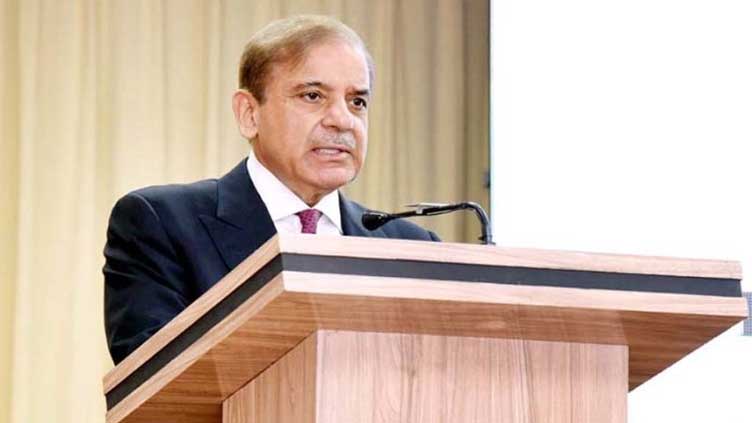
“In the 1960s, when Pakistan was in its adolescence, the country brimmed with hope and promise. We had a date with destiny. The nation was widely thought ready to become the next Asian tiger. In 2022, however, Pakistan finds itself mired in its latest economic crisis,” Prime Minister Shehbaz Sharif wrote in an article in the prominent magazine Economist.
Shehbaz Sharif stated, “This one is born out of the most challenging global policy environment of our lifetime, characterised by a commodity supercycle, historic monetary tightening at America’s Federal Reserve and a conflict in Europe that is tearing apart the post-war global order. But it also stems from home-grown weaknesses: weaknesses that have been left unaddressed for the better part of five decades; weaknesses that have forced us to approach the IMF multiple times during that time. This is not how successful nations are built.
Although there are many, three critical structural flaws stand out. These have prevented economic take-off, stunted our growth and led to repeated boom-bust cycles since the late 1980s.
First, our political environment has become increasingly polarised. Instead of debating how to run Pakistan better and rid the country of poverty, political parties have been at each other’s throats. Second, we have not invested enough in the nuts and bolts of development: education, health and infrastructure. This is in part due to an abysmally low tax take, but it also reflects our priorities in public spending, some of which can be attributed to the complicated neighbourhood we live in, including a long-standing adversarial relationship with India, Russian and then the American invasion of Afghanistan and the influx of millions of refugees into Pakistan.
Third, we have turned inwards in a way that has prevented us from reaping the benefits of globalisation through the free exchange of people, goods, capital and ideas. Our ability to make and keep friends on the international stage has significantly weakened over time.